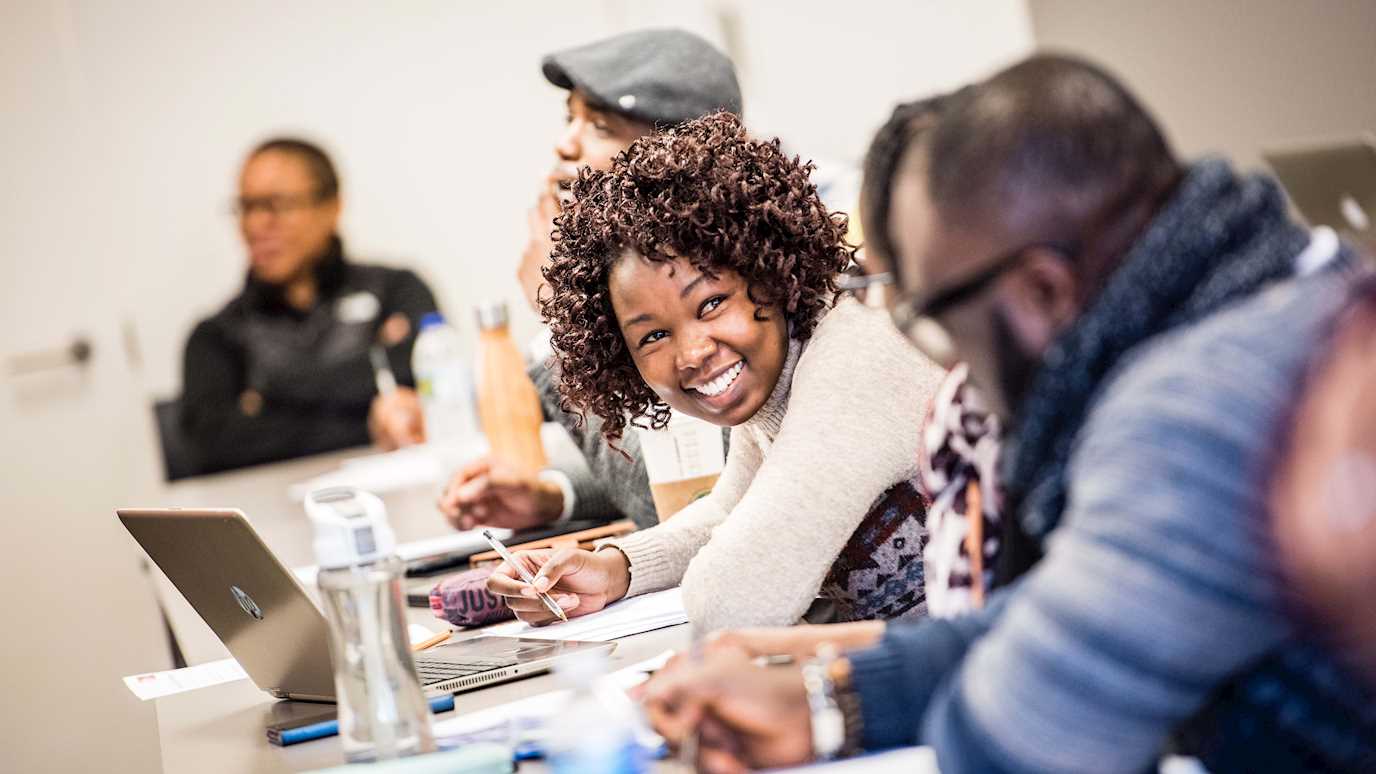The number of children taken into care has been increasing each year since 2008, from around 60,000 children to over 78,000 in March 2019.
Improving child protection policies and practices
The number of child protection investigations and children on child protection plans have been rising at a time when austerity policies are resulting in severe cuts to family support services and increased hardship for many families.
Professor Gupta’s research has been instrumental in facilitating the marginalised voices and perspectives of parents with experience of child protection services, most of whom are living in poverty, to be heard in policy and practice arenas. It challenges the dominant individualised notions of risk to children from parents’ actions or inactions, and draws attention to the social harms and damaging contexts of many families’ lives, especially as a result of ‘austerity’ policies and poverty.
Increasing parental empowerment and participation
Working with the anti-poverty organisation, ATD Fourth World, Professor Gupta’s research explored the relationship between poverty and social work interventions with children and families. Her work on the Adoption Enquiry, funded by the British Association of Social Workers, examined the role of social workers in adoption, and a project commissioned by the London Borough of Camden’s Local Safeguarding Children Board, Camden Conversations, looked at how to make the child protection system more humane and effective.
The findings of Gupta’s research highlighted the importance of breaking down barriers between professionals and families and, of facilitating dialogue between different stakeholders, which in turn has led to the development of a Social Model for Child Protection.
Informing the public conversation and changing the narrative
Gupta’s research, which was reported in both the mainstream and professional media, has influenced critical public and professional debate, altering narratives of organisations, such as the British Association of Social Workers and Camden Children’s Services. It has directly led to increased parental participation and co-production of child protection policy development at a local and national level; influenced social work practitioners to be more poverty-aware and family inclusive; and has enhanced the capabilities of parents engaged in policy and practice development.
In the podcast on the Adoption Enquiry: One year on, the CEO of British Association of Social Workers states that “the home truths of the report on the impact of poverty and austerity policies on families and the child protection system has impacted on the narratives of organisations such as Ofsted, the Children’s Commissioner and the Family Rights Group. “





















